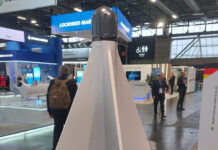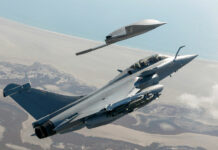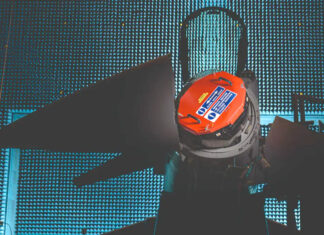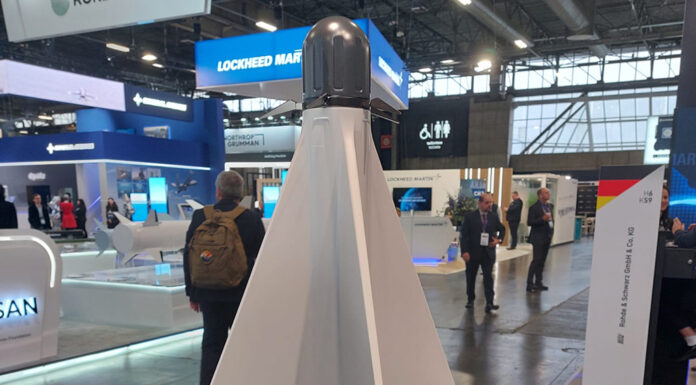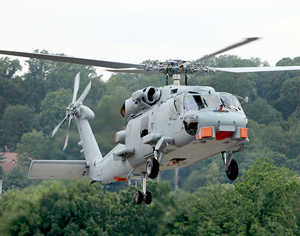
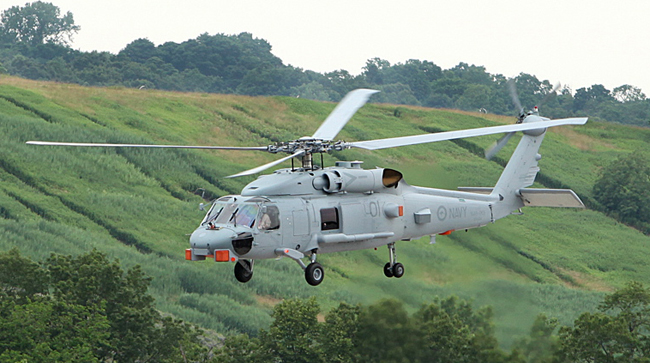
The first of 24 MH-60R ‘Seahawk Romeo’ naval helicopters destined for the Australian Navy has successfully completed its first test flight at Sikorsky production facility on June 26, 2013. During the 80 minute flight the helicopter successfully passed a range of tests including controllability, engine performance, vibration analysis and navigation as well as the ‘Contractor Flight Acceptance’ phase. The first helicopter is now being prepared for transit to Lockheed Martin’s facility in Owego, New York, where it will be fitted with its highly capable mission systems and sensors. A further three Australian helicopters are currently in various stages of assembly with the first two planned to be handed over to the RAN in December 2013. Aircrew and maintainers from 725 Squadron have already commenced training with the United States Navy at Naval Air Station, Jacksonville, Florida, USA while they await the arrival of their own aircraft in 2014.
The 24 helicopters will replace 16 MH-60B Seahawk helicopters currently in service, expanding naval surface strike capability with will additional air-to-surface strike capability.
Commodore Vince Di Pietro, Commander of the Navy’s Fleet Air Arm, said the flight is exciting news for the Navy. “The RAN will very shortly be flying the most capable Anti-Submarine and Anti-Surface helicopter in the world and it will be a quantum increase to our current helicopter force – both in numbers and capability,” CDRE Di Pietro said. The acquisition of 24 Seahawk Romeos allows the Royal Australian Navy (RAN) to provide at least eight helicopters embarked at any one time with Australia’s Anzac Class frigates and the new Hobart Class air warfare destroyers, with the remainder based at HMAS Albatross in Nowra.
“This first flight occurred only two years after contract signature, some six months ahead of the original schedule approved by Government in 2011.” Minister for Defence Materiel Dr Mike Kelly said. “The Federal Government has invested over $3 billion in acquiring 24 MH-60R Seahawk Romeo helicopters, representing a sizeable commitment toward Australia’s ongoing air combat capability,” he added.

